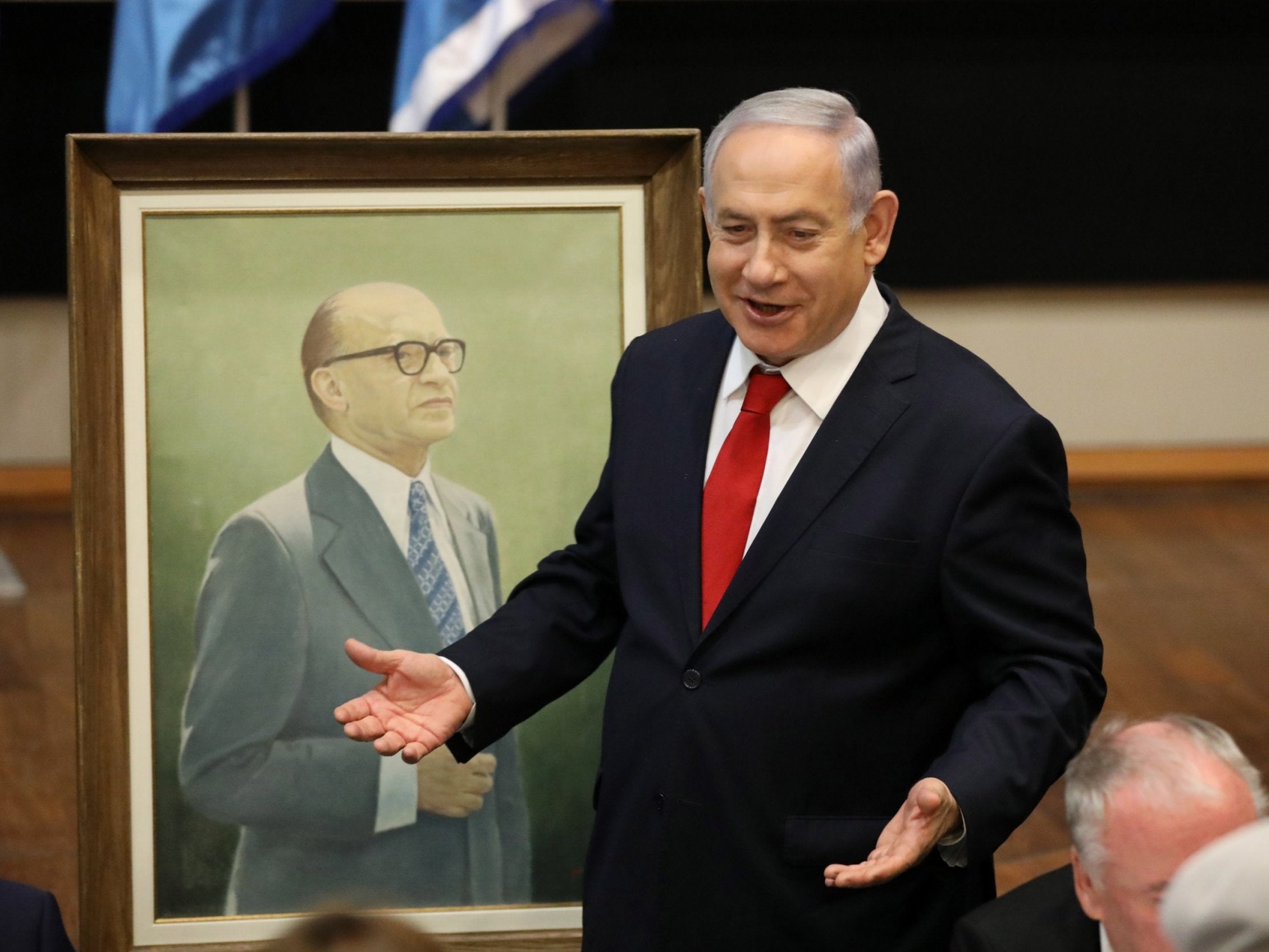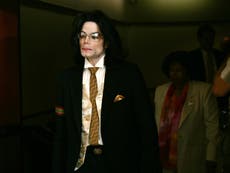Israel is the only democracy in the Middle East? Netanyahu’s comments have shattered that illusion
His comments that the country belongs to ‘Jewish people alone’ strike to the heart of the nature of Israel


Israeli prime minister Benjamin Netanyahu was back in the headlines on Sunday, after declaring on social media that “Israel is not a state of all its citizens”. The Likud leader later doubled down, telling his cabinet that Israel is “the nation state not of all its citizens, but only of the Jewish people”.
Netanyahu’s comments are the latest grim episode in an election season that will see Israelis going to the polls on 9 April. Just last month, the prime minister helped engineer an election merger that could see far-right party Otzma Yehudit (Jewish Power) enter the Knesset.
That latter piece of realpolitik in particular prompted outrage from a number of Israeli politicians, analysts and even US-based groups better known for their Israel advocacy. According to the critics, Netanyahu’s boosting of the far-right and indulging of racist rhetoric endangers Israeli democracy.
Netanyahu is desperate, in the face of an electoral challenge from former military chiefs of staff as well as the looming indictments for corruption allegations. But recent developments are not just about motivating a right-wing base – the problem goes much deeper than an embattled demagogue.
Netanyahu’s election manoeuvres offer an opportunity to shine a spotlight on an uncomfortable truth: namely that only under the most superficial definition can Israel be considered a democracy.
Consider the following. Millions of Palestinians are subjected to a military regime which, for 52 years, has facilitated the establishment of illegal settlements. Settlers are Israeli citizens, and vote. The Palestinians they live among – whose land the settlers inhabit and colonise – are not.
The April elections will lead to the formation of Israel’s 35th government. Israel’s military occupation of the West Bank, East Jerusalem and Gaza Strip began during Israel’s 13th government.
Those Palestinians who do have Israeli citizenship, meanwhile, are very much second-class citizens – as Netanyahu has been at pains to emphasise.
Yes, the Jewish Nation-State law passed last year is significant in that regard, defining Israel as “the national home of the Jewish people”, and asserting that “the right to exercise national self-determination in the state of Israel is unique to the Jewish people”.
But the legislation was consistent with de jure and de facto discrimination going back to the very foundation of the state of Israel.
As conflict studies scholar Nadim Rouhana wrote in 2010, “there are few honest observers in Israel who dispute that a Jewish state, by definition, privileges one group of citizens over another”.
This is an inequality “expressed in various ways, including in Israel’s Basic Laws and its laws of land control, immigration and resource distribution” – as documented by Palestinian citizens themselves, as well as international NGOs and human rights experts.
Finally – and this is regrettably rarely taken into account – there are millions of Palestinians who, expelled from their homes in the 1948 Nakba and prevented from returning ever since, are denied their rightful citizenship and thus suffrage.
A few weeks ago, Michael J Koplow, policy director of the Israel Policy Forum, wrote an unintentionally instructive piece for Israeli newspaper Haaretz on Netanyahu’s “embrace” of the Jewish Power party.
Koplow argued that Netanyahu’s actions have “damaged one of Israel’s most valuable national security assets”, by which he meant that “one of Israel’s most potent claims on the world stage is that it is the only democracy in the Middle East”.
Yet as the facts make clear, Israel’s democratic credentials are seriously lacking as soon as you go deeper than – are the people to whom we’ve granted citizenship able to vote?
Just last year a draft law by legislators representing Palestinian citizens was disqualified from even being debated in the Knesset plenum. Why? In calling for Israel to be a state of all its citizens, as opposed to “the state of the Jewish people”, the bill violated parliamentary regulations.
Thus, the significance of the Jewish Power party and Netanyahu’s racist rhetoric is in the way it makes the claim that Israel is a liberal democracy that much tougher to make. Netanyahu did not say anything groundbreaking on Sunday: but he is making it harder to maintain an illusion.




Join our commenting forum
Join thought-provoking conversations, follow other Independent readers and see their replies